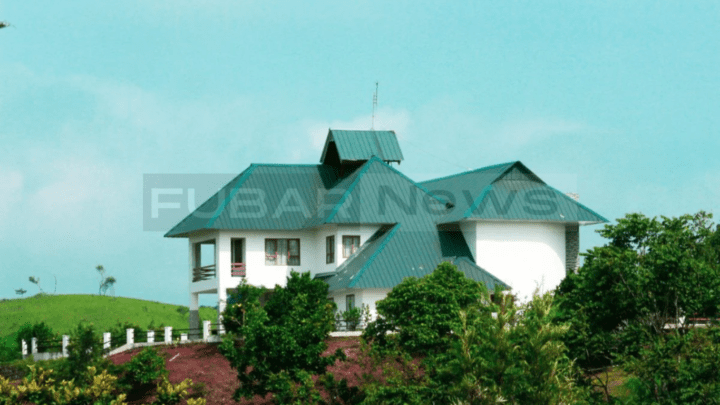The allure of hill stations, with their serene landscapes and pleasant climates, makes them a sought-after destination for property investors. In the realm of exclusive Manchester property investment opportunities, the prospect of investing in hill station property presents a unique set of considerations. While the idea of owning a retreat in the hills can be exciting, it’s crucial to approach such investments with due diligence. Here are seven key factors to consider before taking the plunge into hill station property investment.
Understanding the Local Climate and Geography:
One of the primary attractions of hill station properties is their distinct climate and geography. However, these very factors can also pose challenges.
- Climate Impact: The weather in hill stations can be unpredictable, with heavy rainfall, landslides, or prolonged winters. It’s important to understand how the local climate might affect the property, from structural integrity to accessibility during different seasons.
- Geographical Considerations: The topography of the area can significantly influence construction and maintenance costs. Steep slopes, for instance, may require additional structural support and can complicate building processes.
Legal and Regulatory Compliance:
Hill stations often come with a specific set of legal and regulatory frameworks, particularly regarding land use and environmental conservation.
- Land Use Regulations: Many hill stations have strict guidelines about land use, including construction norms and permissible property sizes. It’s essential to be well-versed with these regulations to ensure compliance and avoid legal issues.
- Environmental Laws: Given their ecological sensitivity, hill stations may be governed by stringent environmental regulations. These laws aim to preserve the natural beauty and ecological balance, which might limit certain types of development.
Infrastructure and Accessibility:
The charm of seclusion in hill stations often comes with the trade-off of limited infrastructure and accessibility. This can significantly impact the liveability and value of the property.
- Connectivity: Remote locations may have limited access to roads, public transport, and airports. Ensure that the property is reasonably accessible, especially during extreme weather conditions.
- Basic Amenities: Check for the availability of basic amenities like water supply, electricity, healthcare, and internet connectivity. In some hill stations, these amenities might not be as readily available or consistent as in urban areas.
Market Dynamics and Investment Potential:
Understanding the property market dynamics in hill stations is crucial for making a sound investment.
- Demand and Supply: Research the demand for properties in the area and the existing supply. Some hill stations might be oversaturated with holiday homes, impacting potential rental yields or resale value.
- Appreciation Potential: Consider the long-term appreciation potential of the property. Factors such as future development plans, tourism trends, and infrastructural improvements can influence property values over time.
Lifestyle and Personal Use:
Investing in a hill station property is often motivated by personal lifestyle choices as much as investment returns.
- Personal Use and Preferences: Reflect on how you plan to use the property – as a holiday home, a retirement retreat, or a rental property. This will influence the kind of property you should invest in and its location.
- Community and Culture: The local community and culture can greatly affect your experience. Spending time in the area and interacting with locals can provide valuable insights into the lifestyle and social fabric of the place.
Environmental Sustainability:
Investing in a hill station property also calls for a commitment to environmental sustainability. This aspect is not just crucial for preserving the natural beauty but also plays a vital role in maintaining the property’s long-term value.
- Eco-friendly Development: Opt for eco-friendly construction methods and materials that minimise environmental impact. Sustainable features like solar panels, rainwater harvesting, and energy-efficient designs are not only responsible choices but can also enhance the property’s appeal.
- Impact on Local Ecosystem: Understand the impact of your investment on the local ecosystem. Preserving the natural flora and fauna, avoiding deforestation, and adhering to ecological best practices are key to responsible property ownership in a hill station.
Investing in a hill station property, akin to exploring exclusive Manchester property investment opportunities, requires a blend of passion and prudence. It’s essential to conduct thorough research, understand the unique challenges, and comply with local regulations. Whether it’s for personal enjoyment or as an investment, a hill station property can be a rewarding venture if approached with the right knowledge and expectations.


